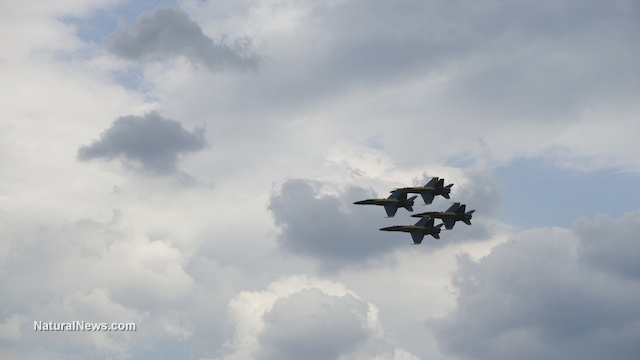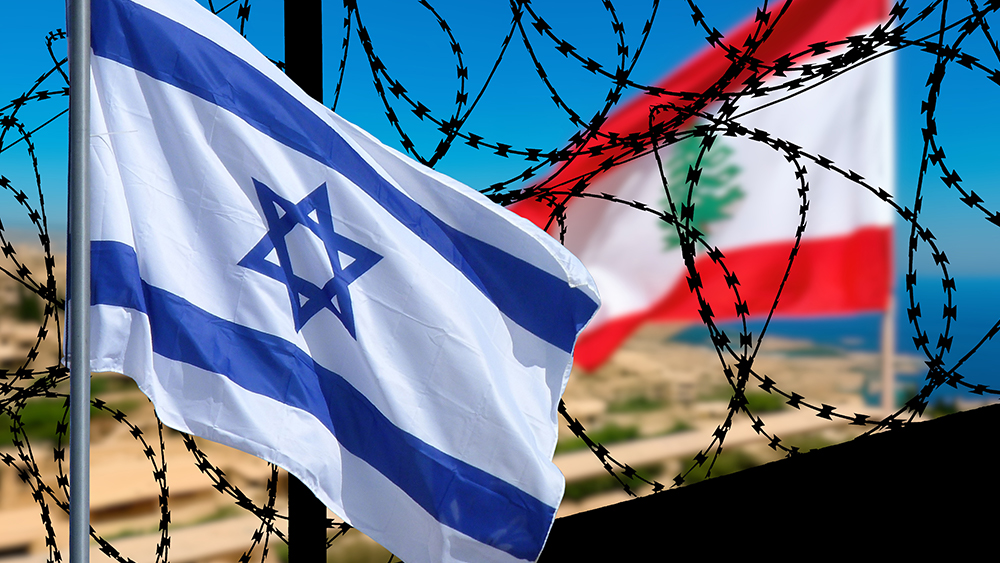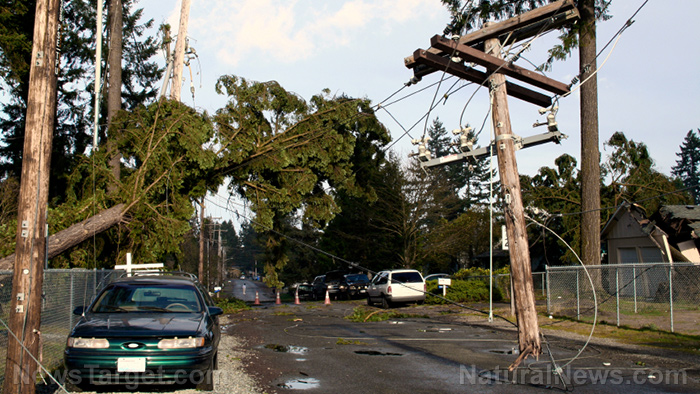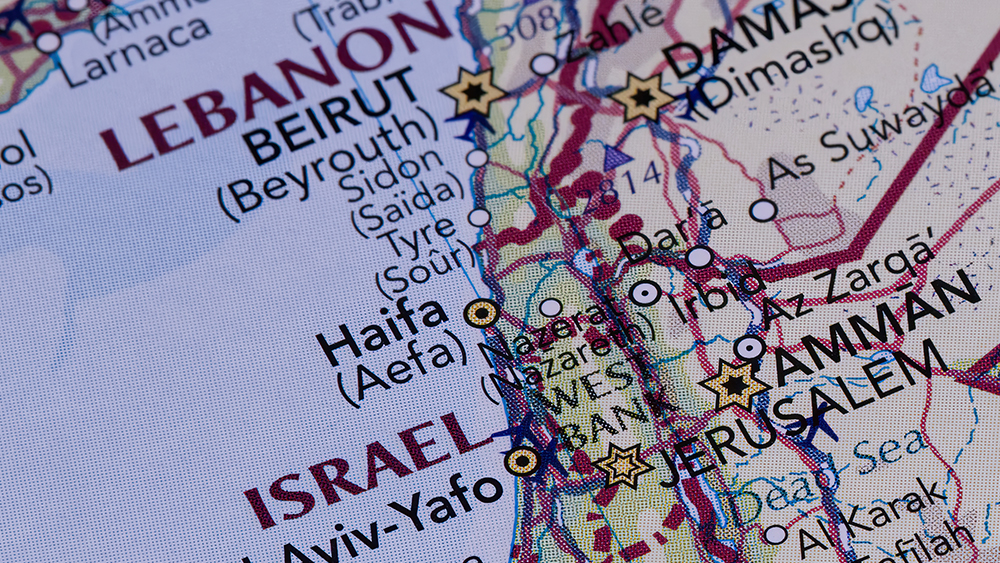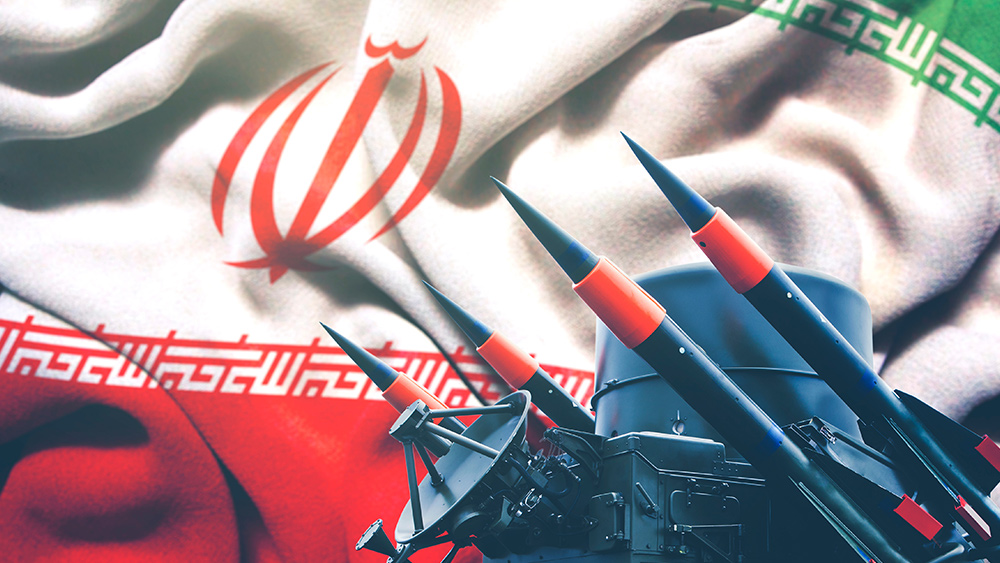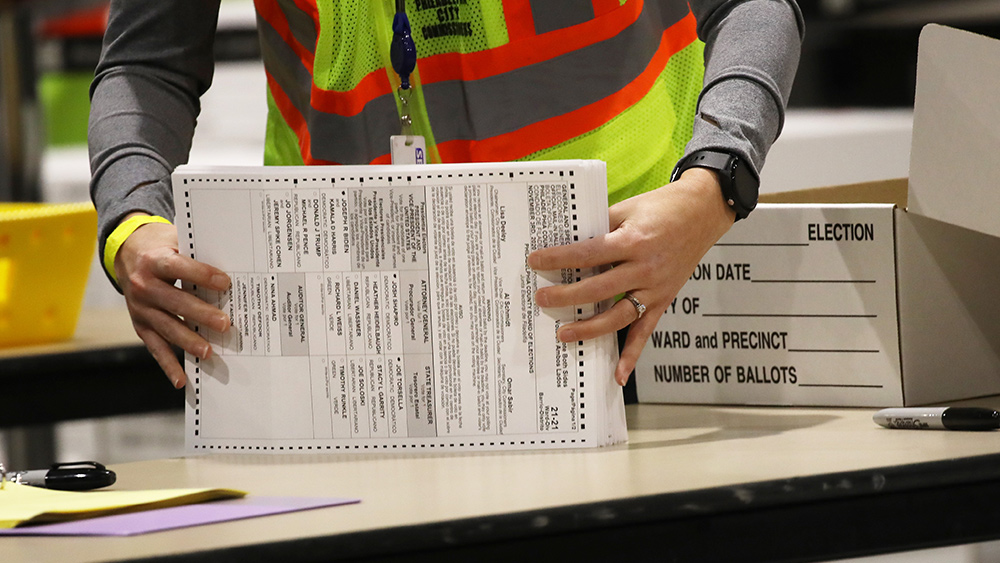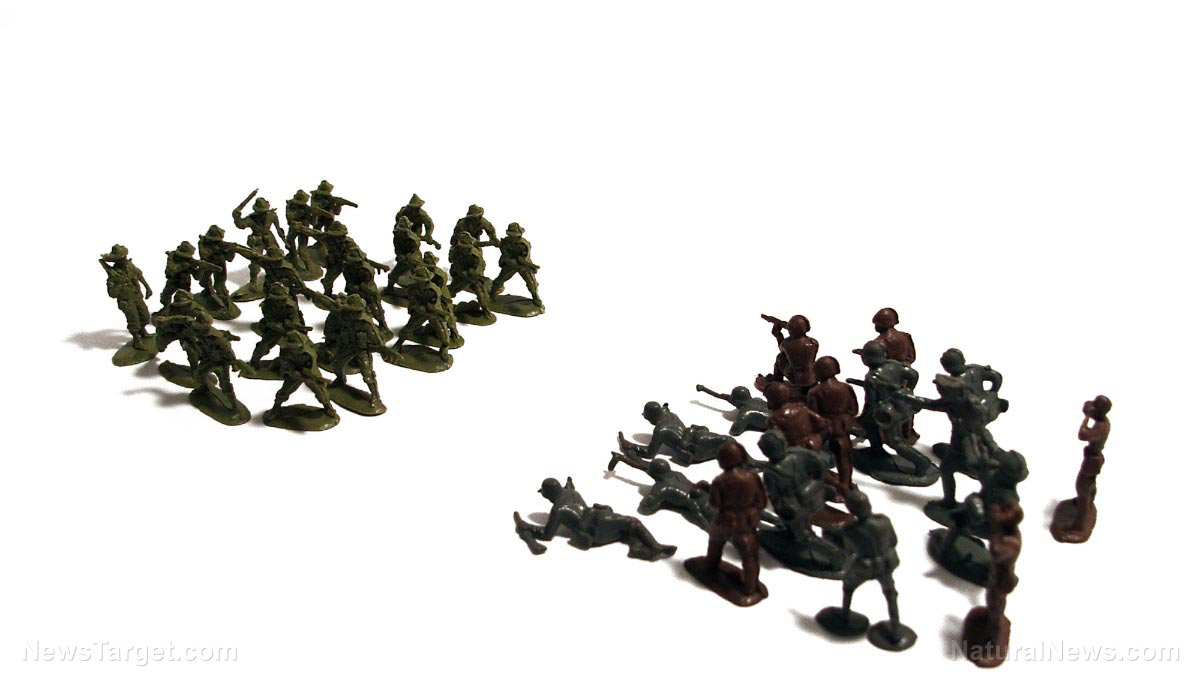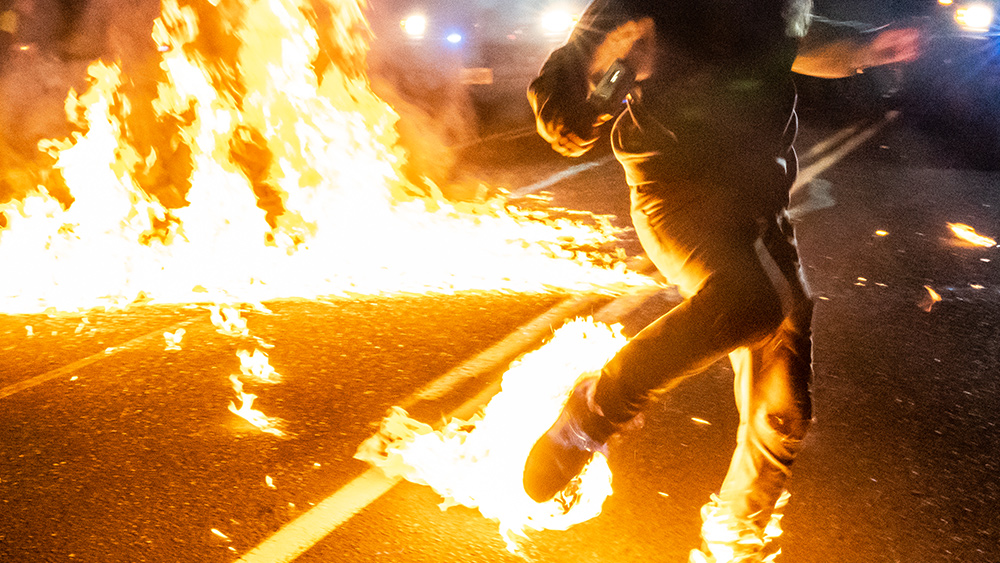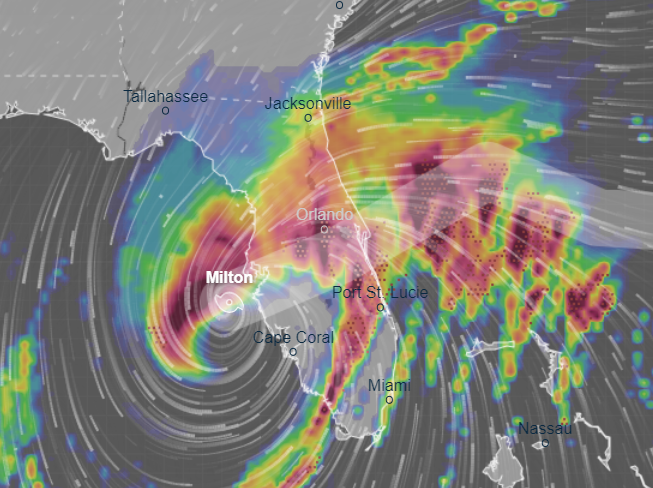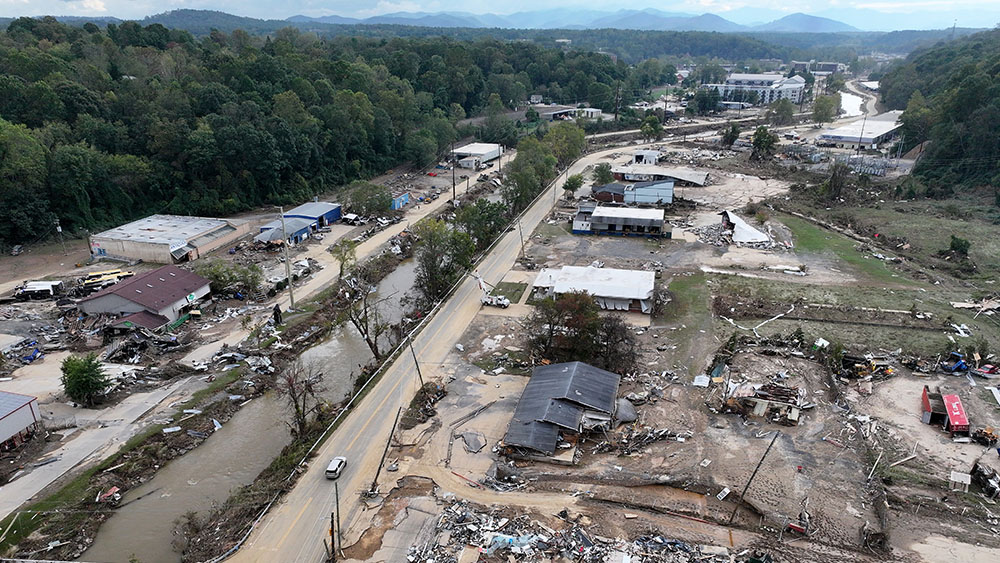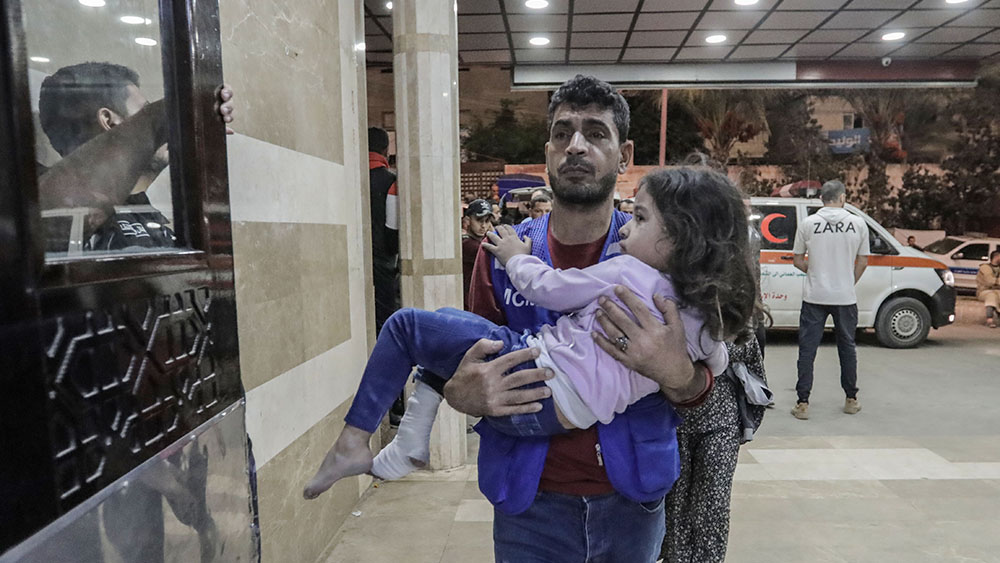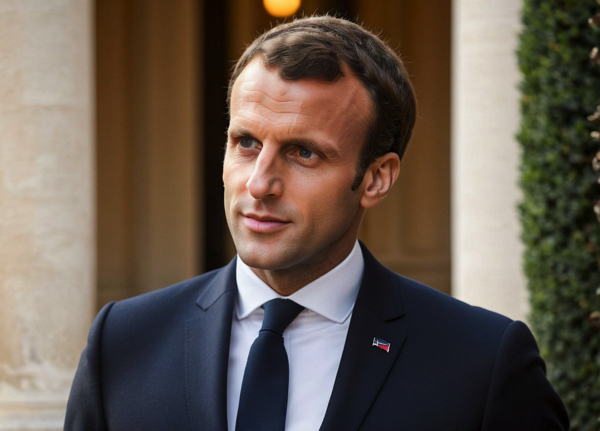Hezbollah leader Hassan Nasrallah reportedly agreed to a ceasefire before he was ASSASSINATED by Israeli military in Beirut
10/09/2024 / By Richard Brown
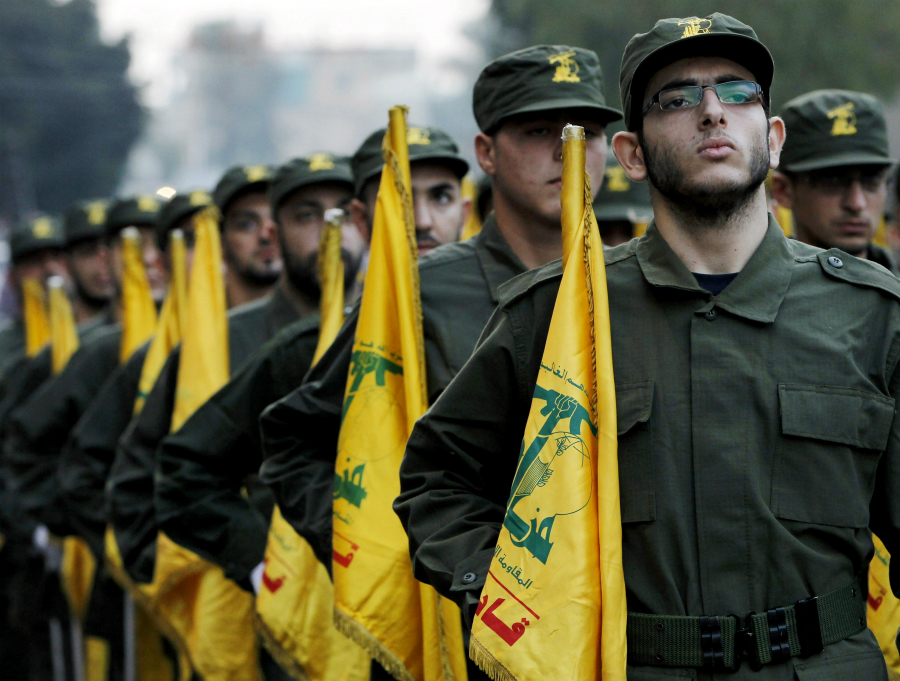
According to Lebanese Foreign Minister Abdallah Bou Habib, Hezbollah leader Hassan Nasrallah agreed to a ceasefire with Israel, negotiated by the United States and France, just before he was assassinated by the Israeli military in Beirut.
Bou Habib revealed this in an interview with PBS‘s Christiane Amanpour, saying: “He agreed [to a ceasefire]. Lebanon agreed completely, Lebanon agreed to a ceasefire.” The Lebanese government consulted closely with Hezbollah during the negotiations, with Lebanese Parliament Speaker Nabih Berri directly involved in coordinating with the group.
According to Bou Habib, after these consultations, the agreement was communicated to American and French officials, who in turn relayed that Israeli Prime Minister Benjamin Netanyahu had also approved the ceasefire. “We informed the Americans and the French [that’s] what happened and they told us that Mr. Netanyahu also agreed on the statement that was issued by both presidents,” Bou Habib added.
The ceasefire plan, which was backed by the U.S., France and several of their allies, called for a 21-day halt in hostilities between Israel and Lebanon to create space for diplomacy and de-escalation. As reported by the Associated Press, the statement from the international coalition read: “We call for an immediate 21-day cease-fire across the Lebanon-Israel border to provide space for diplomacy.” The plan was seen as a potential turning point in the ongoing conflict between Israel and Hezbollah, offering a brief window for negotiations.
However, the ceasefire deal appeared fragile from the beginning. U.S. officials clarified that Hezbollah itself would not be a formal signatory to the agreement, although they anticipated that the Lebanese government would coordinate its acceptance of the plan with the group.
Israel was expected to “welcome” the proposal, with formal acceptance likely to come during Netanyahu’s speech at the United Nations General Assembly later in the week. Despite this expectation, Netanyahu’s office downplayed the plan, stating that the ceasefire was merely a proposal and that the prime minister had not officially responded to it. (Related: Hezbollah’s next projected leader is reportedly a hardliner with deep religious, political and familial ties to Iran.)
In contrast, Israeli Foreign Minister Israel Katz, acting as interim prime minister during Netanyahu’s trip to the U.S., rejected the ceasefire outright. Katz vowed that there would be no cessation of hostilities in northern Israel, emphasizing that the Israeli military would continue its operations “with full force until victory.” He further assured that Israeli citizens who had been evacuated from the northern regions due to the fighting would not return home until the threat from Hezbollah was completely neutralized.
Israel might have used ceasefire negotiations to lure Nasrallah into Hezbollah’s headquarters
These events have fueled speculation that Israel might have used the ceasefire negotiations as a ruse to lure Nasrallah into Hezbollah’s headquarters. Rumors suggest that the Israeli military used the opportunity to drop a devastating bombardment of 85 bunker-buster bombs on Nasrallah’s location, killing not only the Hezbollah leader but also dozens of Lebanese civilians in the surrounding area. While Israeli officials have neither confirmed nor denied these allegations, the attack has reignited tensions in the region and has cast a shadow over the possibility of a peaceful resolution.
Hassan Nasrallah, born in 1960 in northern Lebanon to an impoverished family, rose to become one of the most influential and controversial figures in the Middle East. The eldest of nine children, Nasrallah initially studied theology in Iran before joining the Amal Movement, a Shia political and paramilitary organization. He co-founded Hezbollah in the 1980s and after the assassination of its leader, Sayyed Abbas Musawi, by Israeli forces in 1992, Nasrallah took over as the group’s chief.
Under Nasrallah’s leadership, Hezbollah evolved into a formidable military force, backed by Iran and boasting a military strength surpassing that of the Lebanese army. Hezbollah’s role in pushing Israeli forces out of southern Lebanon in 2000, after an 18-year occupation, cemented Nasrallah’s status as a hero in the eyes of many in the Arab world.
His personal losses in the conflict were also significant – his son, Hadi, was killed in combat with Israeli forces in 1997, the same year Hezbollah was designated as a terrorist organization by the United States.
Read more news about ongoing conflicts involving Israel at IsraelCollapse.com.
Watch this news report discussing how Israeli tanks are being destroyed as they enter Lebanon.
This video is from the channel The Prisoner on Brighteon.com.
More related stories:
Hezbollah, Lebanese Armed Forces repel Israeli advances in southern Lebanon.
Hezbollah fires BALLISTIC MISSILE targeting Mossad headquarters in Tel Aviv.
Sources include:
Submit a correction >>
Tagged Under:
big government, chaos, dangerous, Hezbollah, insanity, invasion of Lebanon, Israel, Israel collapse, Israel Defense Forces, Israel-Hezbollah conflict, Israel-Lebanon conflict, Lebanon, Middle East, military, national defense, national security, resist, southern Lebanon, terrorism, violence, WWIII
This article may contain statements that reflect the opinion of the author
RECENT NEWS & ARTICLES
COPYRIGHT © 2019 Dangerous.News
All content posted on this site is protected under Free Speech. Dangerous.News is not responsible for content written by contributing authors. The information on this site is provided for educational and entertainment purposes only. It is not intended as a substitute for professional advice of any kind. Dangerous.News assumes no responsibility for the use or misuse of this material. All trademarks, registered trademarks and service marks mentioned on this site are the property of their respective owners.

